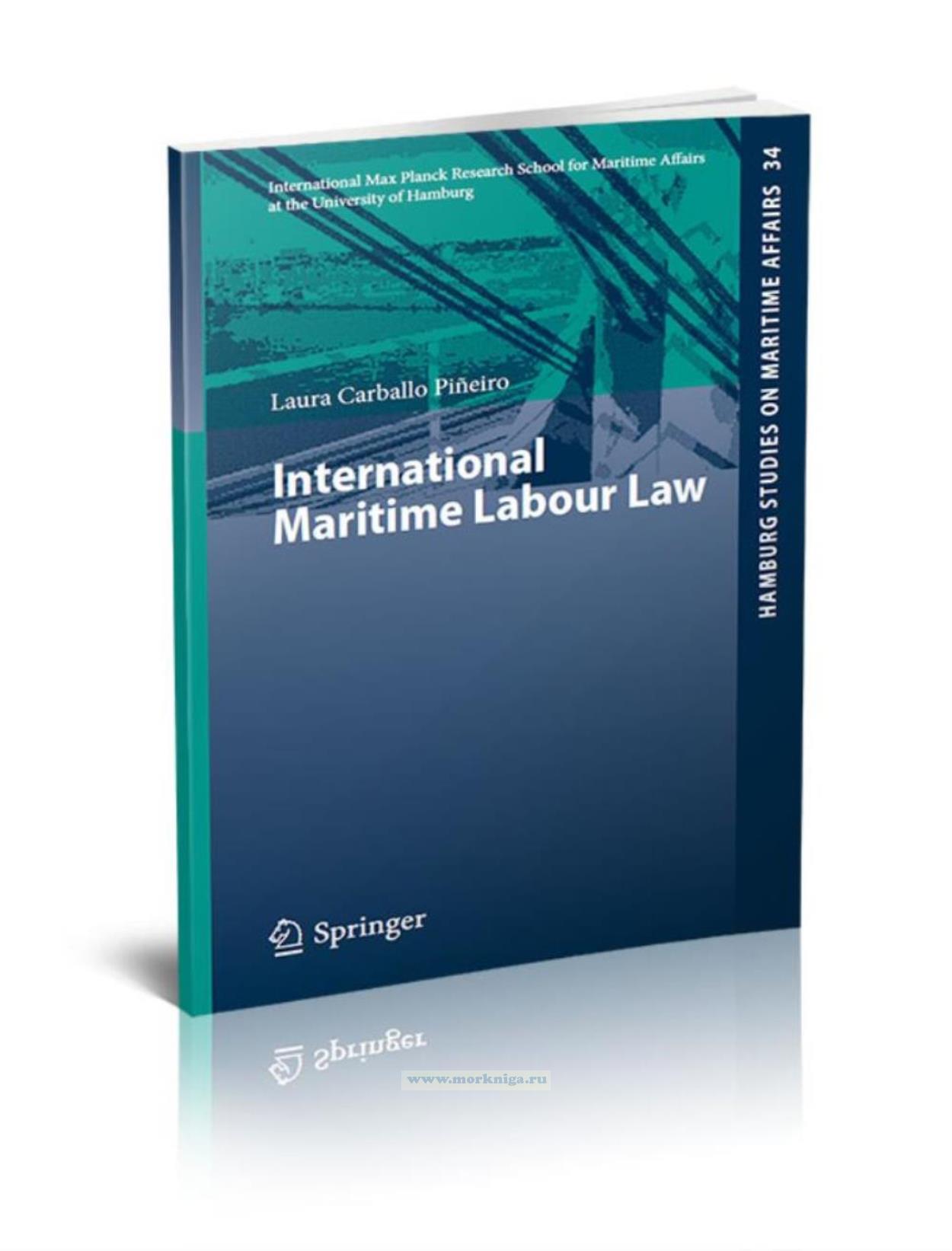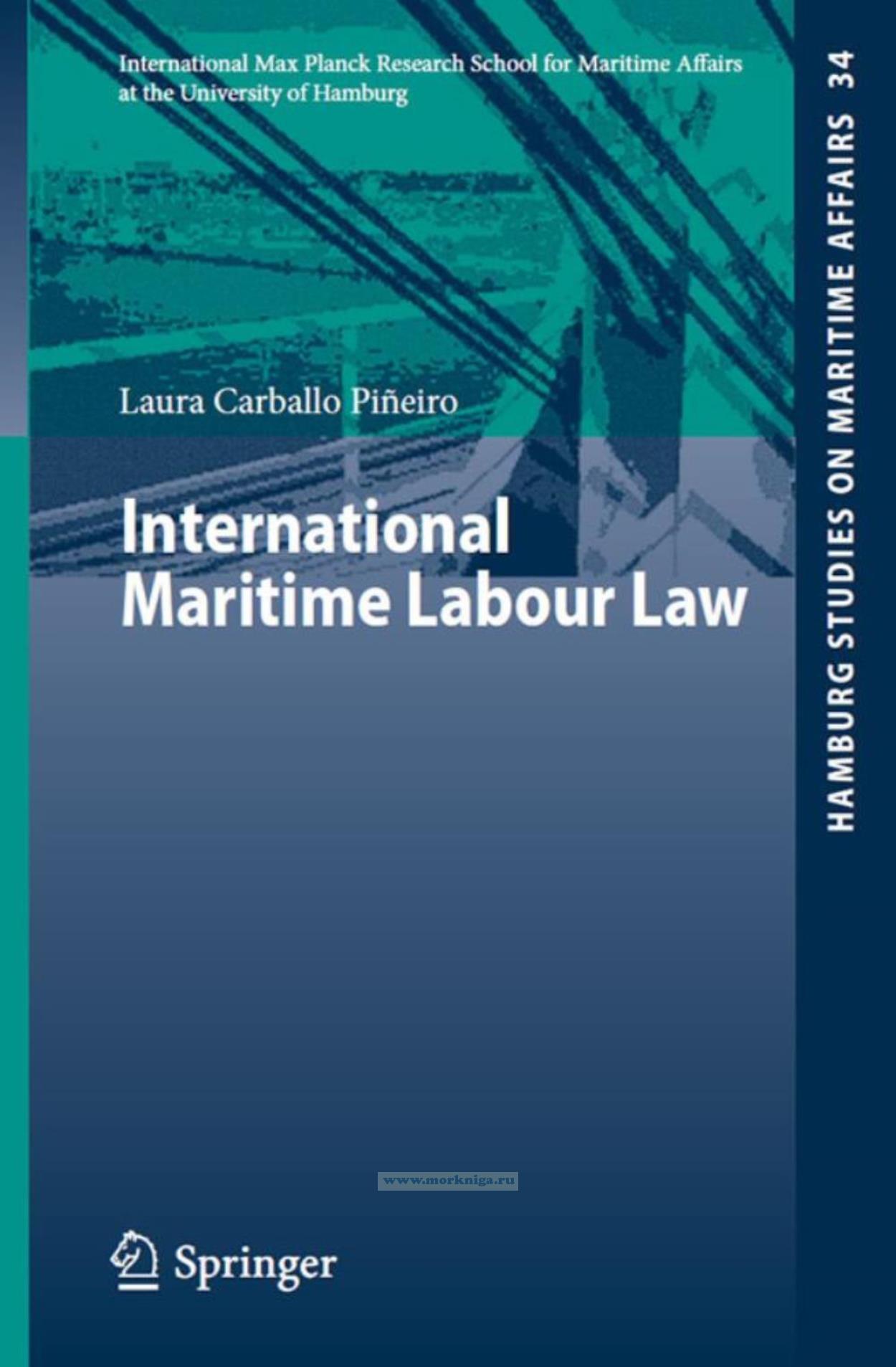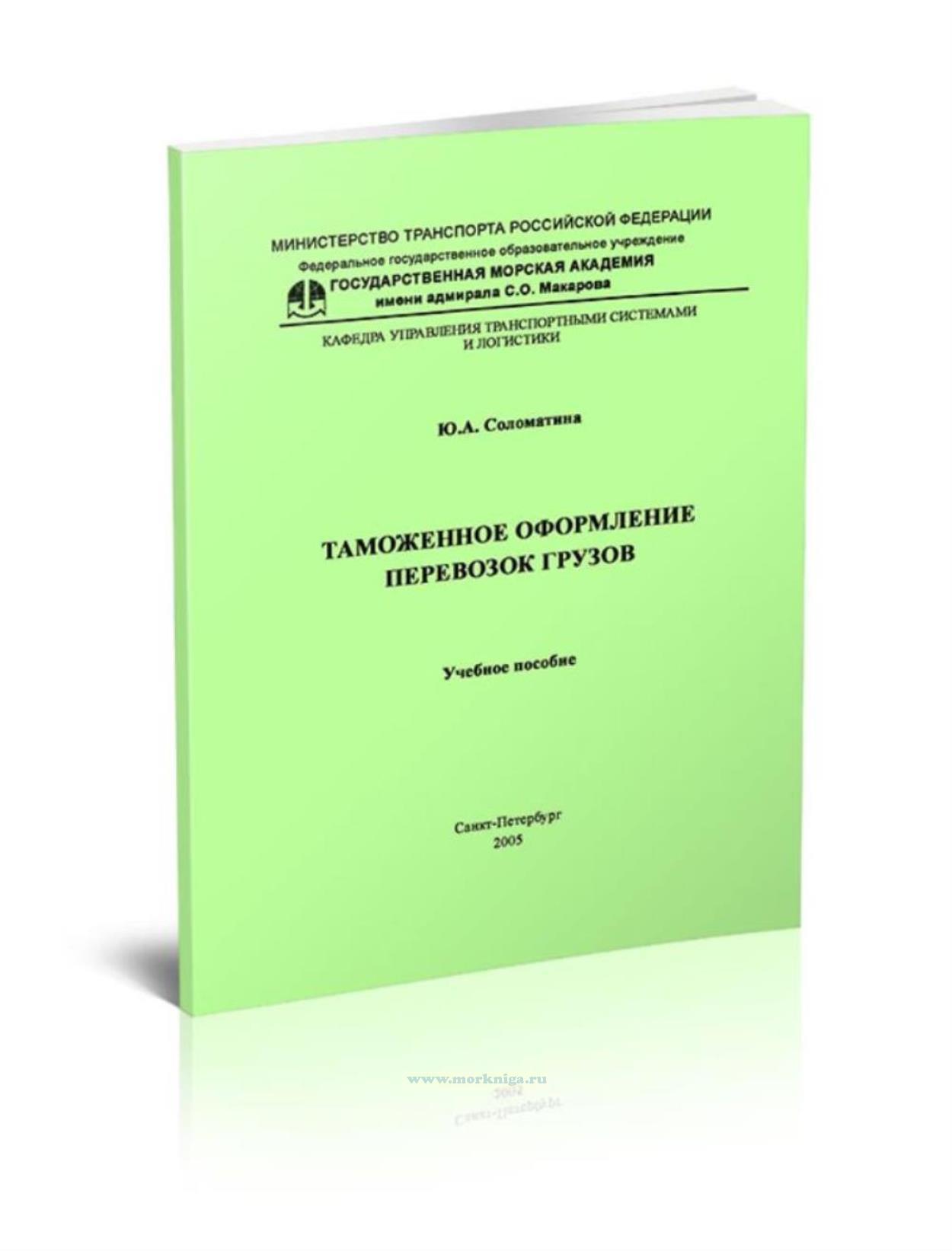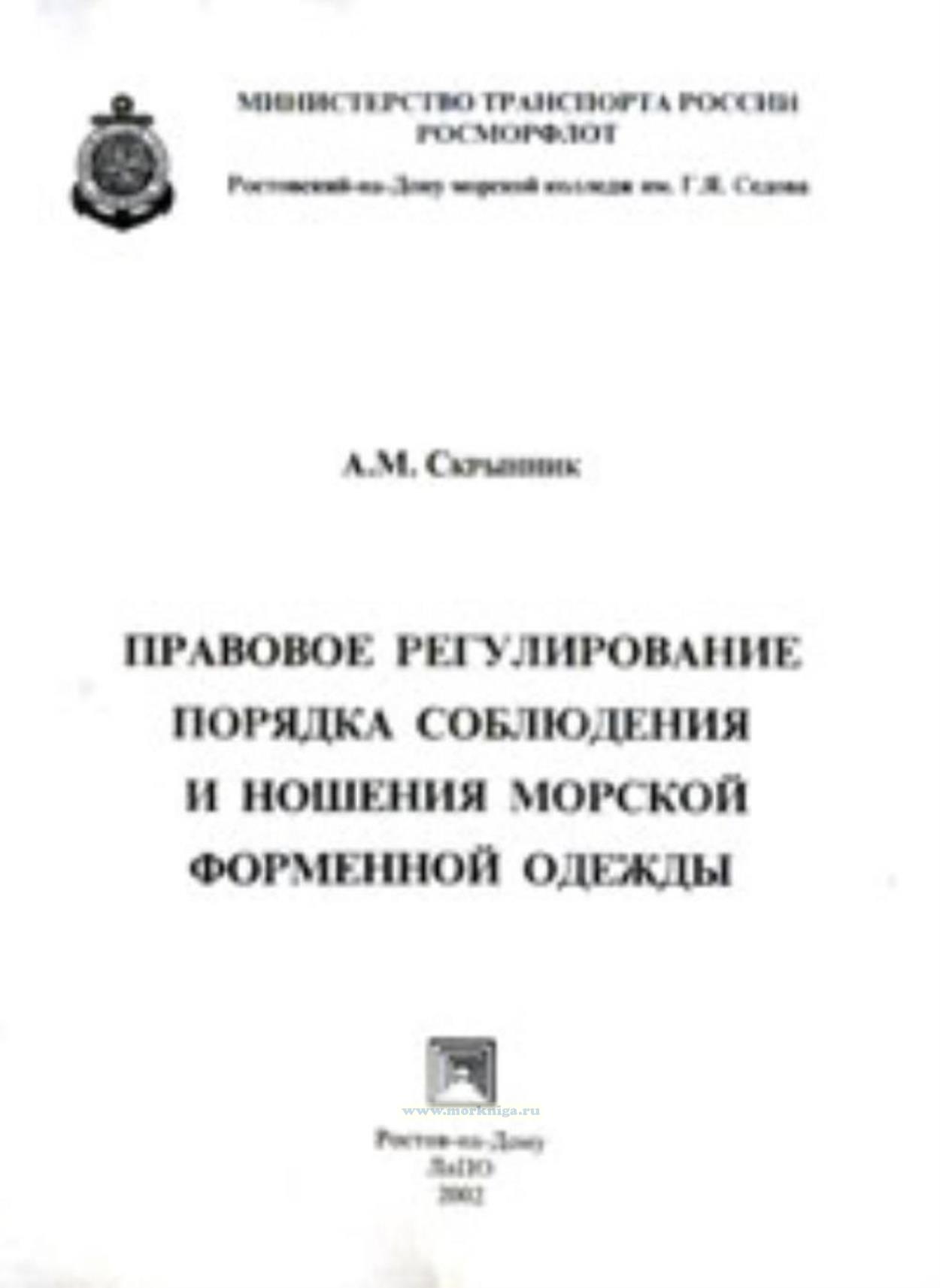Сб с 10 до 16
International Maritime Labour Law/Международное морское трудовое право
Издание на английском языке
Maritime law, including maritime employment, is the testing ground for the globalisation process, which is encouraging the gradual internationalisation of both economies and societies, driven by innovations in technology and communications.
This process contrasts with the fact that private international disputes have so far been legally addressed as rarae aves, i.e., as exceptions to the domestic situations for which legislative policies are generally conceived. While the latter are characterised by predictable uniformity - although varying to a certain extent in socio-economic terms - the same cannot be said of the former since their contact with different jurisdictions results in different degrees of internationalization involving different levels of cultural, societal and economic discrepancies.
This book focuses on maritime employment from a private international law perspective. The first chapter analyses the background against which international jurisdiction and conflict of laws rules are drawn up and examines uniform law in this context, in particular the 2006 Maritime Labour Convention and the 2007 ILO Convention No. 188 on Work in Fishing. The second chapter addresses international jurisdiction issues as regards individual employment contracts, while also exploring other issues (e.g. insolvency-related and social security matters) that are subsequently revisited in the third chapter while discussing conflict of laws issues related to said contracts. In turn, chapter four focuses on collective labour relations and private international law, i.e. collective agreements, strikes and other forms of collective action and information, and on the participation rights of employees in business matters.
Contents
1 Introduction
References
2 The Internationalisation of Maritime Employment: Factors and Remedies
2.1 Introduction
2.2 The Principle of Freedom of the Seas, a Ship’s Nationality and the Law Governing Labour and Employment Matters on Board
2.3 The Internationalisation of Maritime Employment: Developments in Ship Registration Systems
2.4 The Internationalisation of Maritime Employment: Parties to the Maritime Employment Relationship
2.5 International Labour Law
References
3 International Jurisdiction Over Individual Employment Contracts
3.1 Jurisdictional Regimes
3.2 International Jurisdiction Over Individual Employment Contracts in the Brussels–Lugano System: Section 5, Chapter II
3.3 Further Heads of Jurisdiction Laid Down by National Legislation: Special Reference to Article 25 of the Spanish Judiciary Act
3.4 Conventions on the Arrest of Ships
3.5 Epilogue
References
4 The Law Applicable to Individual Employment Contracts
4.1 Sources of Law
4.2 Scope of Application of Article 8 of the Rome I Regulation
4.3 Connections Provided for in Article 8 Rome I Regulation
4.4 Overriding Mandatory Rules
4.5 The Public Order Exception
References
5 Collective Labour Relations and Private International Law
5.1 Introduction: The Role of Trade Union Activities in the Maritime Sector
5.2 Freedom of Association and the Rights to Collective Bargaining and Industrial Action
5.3 Cross-Border Collective Agreements
5.4 Industrial Action and Private International Law
5.5 Information, Consultation and Negotiation with Employees
References
Table of Cases
About the International Max Planck Research School for Maritime Affairs at the University of Hamburg


 Таможенное оформление перевозок грузов
Таможенное оформление перевозок грузов  Международное морское право
Международное морское право  Правовое регулирование порядка соблюдения и ношения морской форменной одежды
Правовое регулирование порядка соблюдения и ношения морской форменной одежды